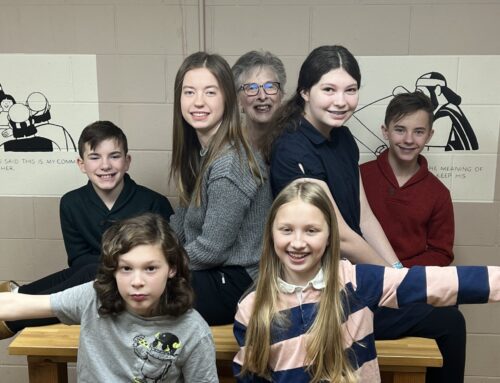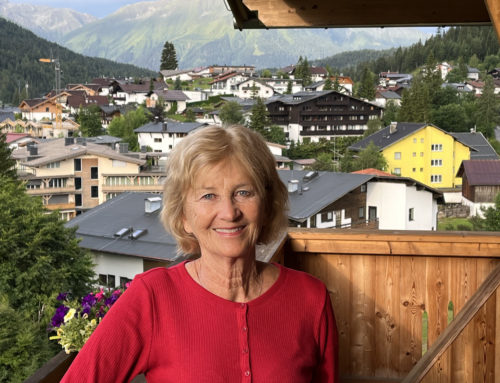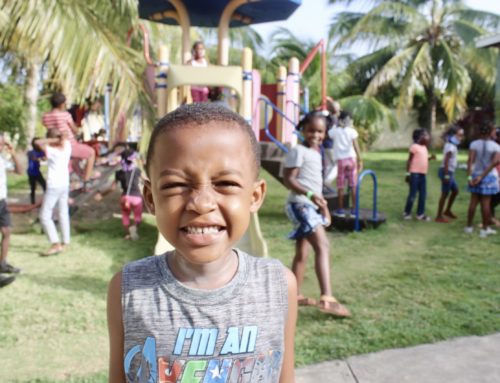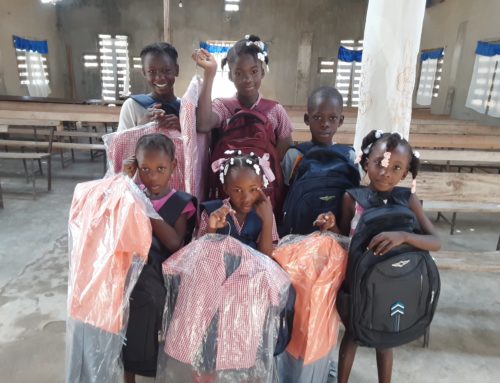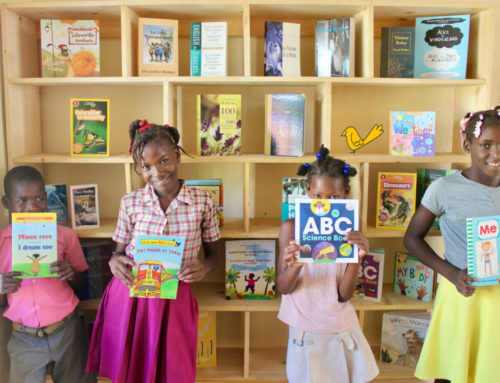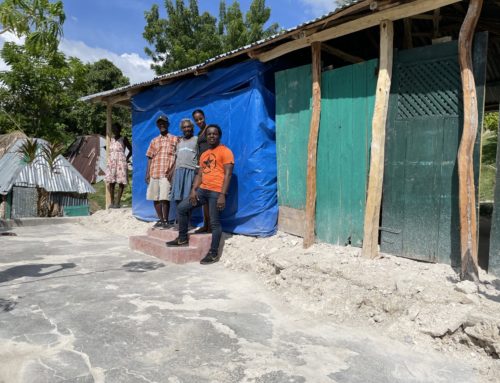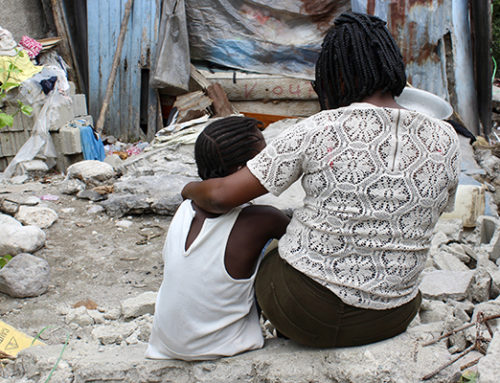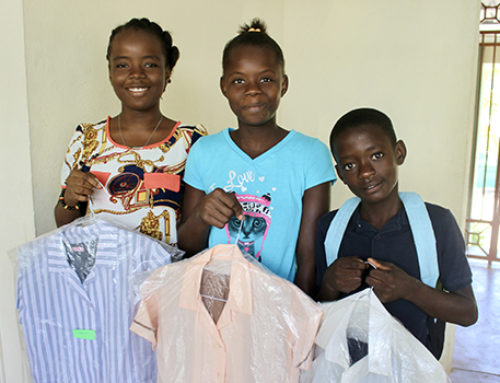Haiti is a country marked by many things. It has been
devastated by natural disasters, but is still known for its rich landscape and
natural beauty. Haiti has exotic, must-try cuisine and valuable history. It’s a
large tourist destination, both for those needing a
vacation, and for those doing missions. As you can see, even from this short
list, Haiti wears many hats.
There is also much wisdom and knowledge to be garnered
from Haitian culture, especially in the form of Haitian proverbs.
Here are four Haitian proverbs that we at Restavek Freedom
like to keep at the top of our minds.
Tout moun
se moun. – Everyone deserves to be treated as a human being.
This is a proverb that ties closely to our mission here at
Restavek Freedom. Restavek, a form of child slavery in Haiti, directly
contradicts this proverb because it treats children in Haiti as property rather
than people. Restavek is a problem that affects around 300,000 children in
Haiti. Children in restavek are forced to work long hours in harsh conditions,
leaving them unable to enjoy the life that children who are not in restavek are
allowed to experience.
Kouri lapli, tonbe larivyè. – In
avoiding one thing, we fall into something worse.
Poverty is a big factor that has
contributed to the restavek system in Haiti. Nearly 80% of Haitian citizens are
poor, leaving them fighting to provide for their growing families. These
families then have a choice: Watch their family continue in desperate need, or
send children to work with other family members or strangers to ease the
economic burden.
This is one of the reasons we are
so passionate about providing opportunities for children in Restavek to gain an
education. With education, children are armed with the self-esteem and fervor
they need to end the cycle of poverty they grew up in.
Bay kou
bliye, pote mak sonje. – The culprit forgets, the victim remembers.
The restavek system is deeply
ingrained in the culture of Haiti. Ending this practice in Haiti requires a
full systematic overhaul. Restavek Freedom works to build relationships with
the communities in Haiti, both in rural and urban areas, to influence
decision-making. We believe that having meaningful conversations with
communities in Haiti will change the perspective on both sides: families in
rural areas will no longer feel the need to send their children to live in
restavek, and families in urban areas will no longer feel the need to accept
free child labor.
Children in restavek do not
forget the pain and suffering they are forced to endure. That is why we do what
we do: to stop this system before it has the opportunity to wreak havoc on more
children’s lives.
Lespwa fè
viv. – Hope makes one live.
Most children in restavek do not
have hope that their situation can or will change. Hope is the thing that
declares to us that things will get better. If we do not truly believe things
can improve, we will simply accept situations as they are, regardless of how
devastating that situation may be. Our desire is for these children to never
give up on their hope for a future; one that is good, beautiful, and free from
slavery.
When we take a second to look at
the world around us, we recognize what we have to gain and learn from people
all over the globe. These are just a few of the ways we have grown because of
the people of Haiti, and we continue to learn new things from them every day.
Together, we hope to end child
slavery in Haiti in our lifetime. And we believe we can do it.
If you want to know more about what we do or how to join
our movement, email us at [email protected] or visit our
website today.


